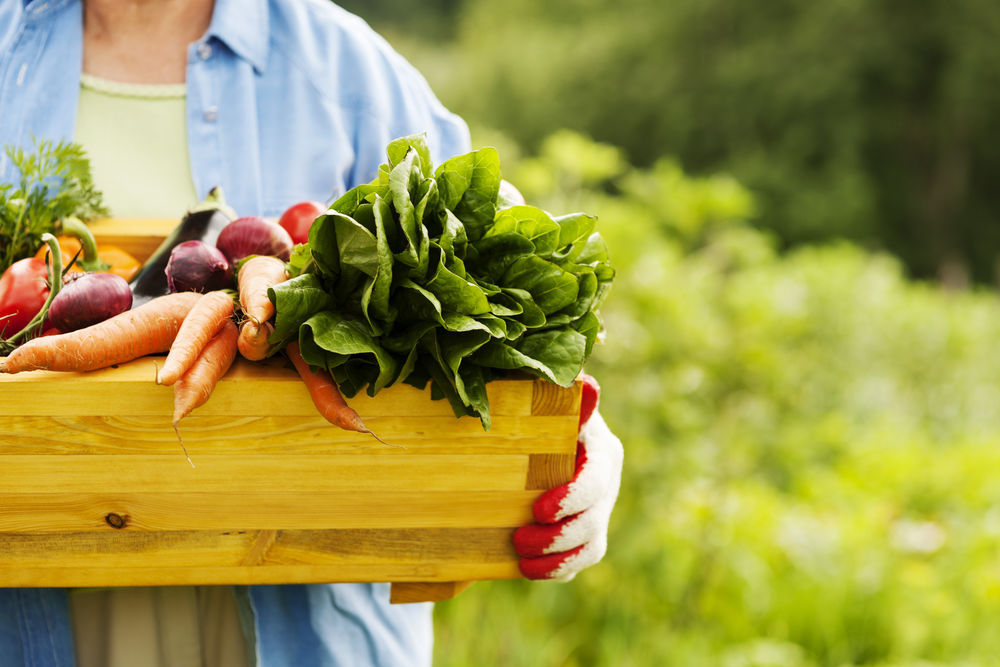
We're thrilled that it seems to be becoming increasingly more popular for people to grow their own fruit and veg, and we'd like to encourage this trend by providing a couple of easy-to-follow guides on how to grow the most popular vegetables. We've decided to start with a simple guide on how to grow your own carrots, but before we get into that we'd just like to say something that will hopefully put any concerns or feelings of apprehension to rest.
Many people seem to be under the impression that growing your own vegetables is incredibly time consuming and is extremely hard work. We'd like to assure you, right now, that so long as you're only intending on growing a small amount for your own consumption (rather than on a large scale and as part of your livelihood), cultivating crops is in fact very easy going – almost to the point of being therapeutic, we'd say.
With that in mind, lets start talking about carrots! We all know what carrots are and what they look like, or at least we think we do. Despite what you believe, not all carrots are orange and straight, and those that are not – including the yellow and red varieties – are still perfectly good to eat. Likewise, most carrots are not dead straight, as a matter of fact some are downright crooked. Their shape, much like their colour, is merely an aesthetic trait; so even if they do not look overly appetising they are still perfectly delicious.
Carrots are possibly one of the easiest vegetables to grow, and though we advise that you sow their seeds anywhere between the end of Winter to the start of Summer, they will actually grow quite well all year round. No matter when their seeds are sown, carrots ought to take no more than 16 weeks to grow and reach the point where they can be harvested.
When it comes to planting their seeds, carrots are best grown in light, airy soil, so if the soil in your garden is rich in clay, or has a lot of stones, you may want to consider growing them in a specialised vegetable growing container; which tend to look suspiciously like short buckets. Carrots are not overly fussy, making them a very low maintenance vegetable indeed. They require watering very rarely, and will probably only need a good soaking every other week, or there about.
Naturally, keeping weeds under control is a very important part of cultivating crops, but take care when weeding, as dead or rotting plant-life may attract pests and vermin, who will happily eat the carrots that you're trying to grow.
When it comes to harvesting carrots, you can do it the second they are large enough to suit your purpose. Having said that we do have a little tip for you; size is not as important as taste, and the larger you allow the carrot's root to grow the more its flavour will be diminished.
It does not matter if you've never grown anything before in your life, carrots are a very difficult vegetable to grow poorly and you will almost certainly find that the taste of your home-grown vegetable to be far superior to any that you have ever bought in a shop. If you are worried about wild animals digging up or eating your crops then we'd suggest erecting a small electric fence system, using something similar to our Gallagher B10 Electric Fence Energiser Starter Kit, to keep them at bay.